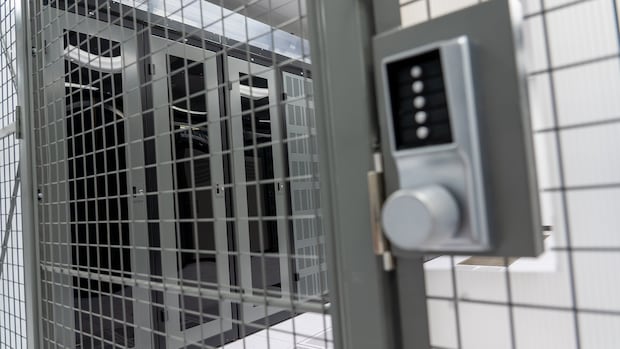Prime Minister Mark Carney’s first budget proposes providing more than $1 billion over the next five years to build up Canada’s artificial intelligence and quantum computing ecosystems while embedding AI technology more deeply in federal government operations.
According to the 2025 budget, tabled Tuesday afternoon by Finance Minister François-Philippe Champagne, the federal government proposes providing $925.6 million over the next five years to support a large-scale “sovereign” public AI infrastructure.
According to the budget, $800 million of the $925.6-million investment will come from funds set aside by the last federal budget, which announced a total of $2 billion to boost domestic AI compute capacity and build public supercomputing infrastructure.
That money will now be spent to “boost AI compute availability and support access to sovereign AI compute capacity for public and private research” and ensure Canada can be “globally competitive in a secure and sovereign environment.”
Since coming into office, Carney has pushed Canada to embrace AI technology and construct a sovereign Canadian cloud, which would better protect Canadians’ sensitive data since it would reside within the country and be subject to Canadian laws.
Minister of Artificial Intelligence Evan Solomon explains how his new expert panel’s ’30-day sprint’ toward an updated AI strategy hopes to keep companies and jobs in Canada despite hundreds of billions of dollars in investments from China and Silicon Valley. Solomon argues Canada is ‘starting from an incredibly advanced position’ in the industry, but also says the country has ‘an adoption problem’ with AI.
On quantum, the federal government is proposing providing $334.3 million over five years to various government departments and agencies to “help anchor quantum technology companies in Canada” and provide pathways to adopting the technology in defence-related applications and industries.
That money will come through Defence Industrial Strategy, which Carney’s government has yet to deliver. The strategy is not expected until later this year at the earliest.
Quantum computing can complete tasks at a far greater speed than traditional computing, but is largely still experimental.
There are also a few other smaller AI initiatives announced in the budget, including that AI Minister Evan Solomon will work with industry to identify promising AI infrastructure projects and enter into memoranda of understanding (MOU) with those projects.
The federal government has already signed at least one MOU with a Canada-based AI company. Last August, Ottawa announced it would partner with Cohere to explore ways to deploy AI technology to enhance the public service and build out Canada’s commercial AI capabilities.
Carney’s government is also leaving the door open to consider whether new AI incentives and supports should be provided. The budget notes Canada will “develop a new AI strategy” by the end of this year, though it did not specify if it will be presented at that time.
AI and federal government operations
The 2025 budget also outlines a number of ways the federal government intends to embed AI technology in its own operations to “enhance productivity and improve services.
Ottawa intends to set up an Office of Digital Transformation “which will proactively identify, implement and scale technology solutions across the federal government — a generational opportunity for domestic innovators,” the budget said.
It takes an enormous amount of energy to power generative AI. CBC’s Rebecca Zandbergen headed to a Nepean-based data centre where servers work furiously to power the technology. She spoke to the founder of ThinkOn to find out what it takes to cool all those servers and about responsible AI and the power grid.
“The office will identify and eliminate redundant and counterproductive procurement rules as well as leverage expertise from internal sources and the private sector to hasten AI adoption,” it adds.
Shared Services Canada (SSC), in partnership with the Department of National Defence and the Communications Security Establishment, will also develop a made-in-Canada AI tool which will be deployed across the federal government.
According to the budget, SSC will partner with leading Canadian AI companies to develop the internal tool.
The budget also outlines how some departments and agencies have identified ways to use AI technology to “achieve savings by streamlining workflows, reducing manual effort and optimising service delivery.”
For example, the Department of Justice will integrate AI, advanced analytics and automation tools to streamline tasks. Meanwhile, Transport Canada will use AI and automation and reduce costs of dedicated resources assigned to repetitive tasks.
Ottawa’s also proposing to allocate $25 million over six years, starting this year, to Statistics Canada to implement the Artificial Intelligence and Technology Measurement Program (TechStat), which will use data to measure how AI is being used by organizations and understand the technology’s impact on Canadian society.








